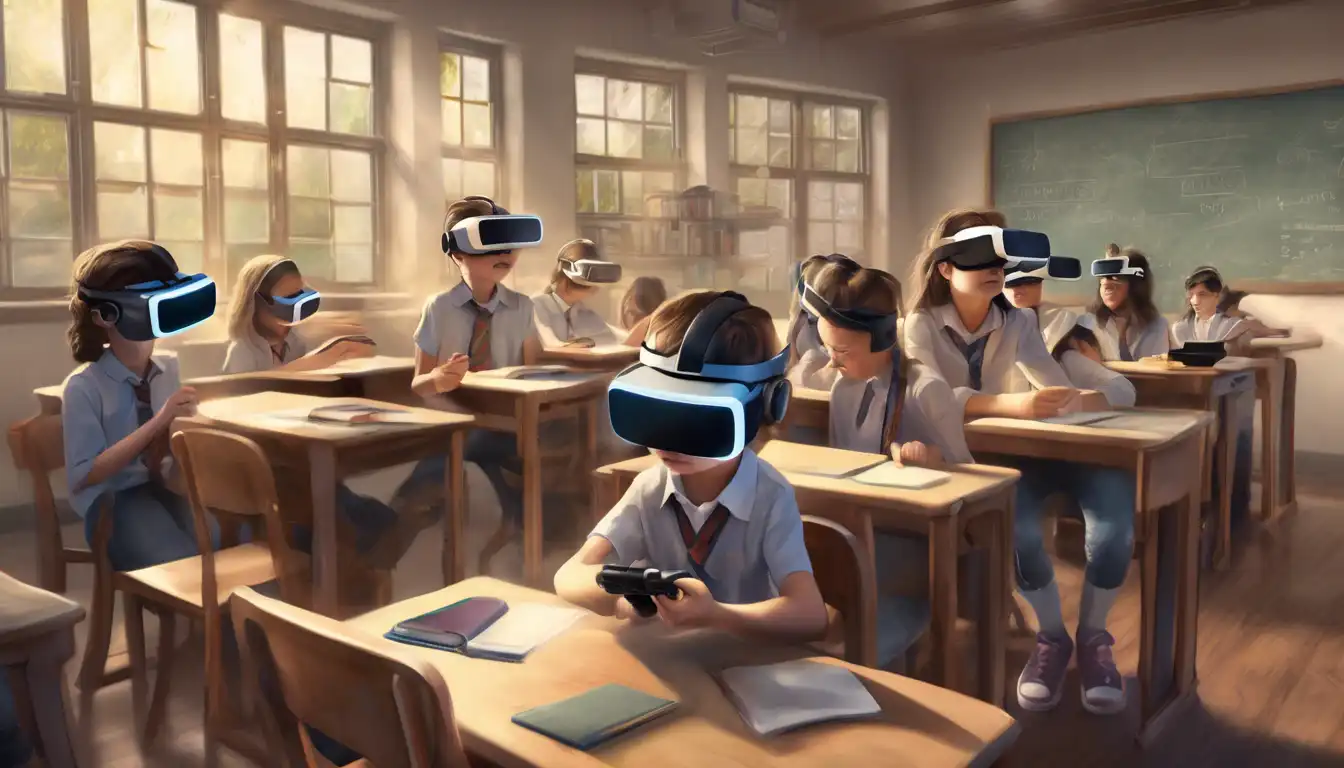The Transformative Impact of Virtual Reality in Learning Environments
Virtual Reality (VR) technology is revolutionizing the educational landscape, offering immersive learning experiences that were once unimaginable. By simulating real-world environments, VR provides students with the opportunity to explore complex concepts in a hands-on manner, making learning both engaging and effective.
Why VR in Education?
The integration of VR into education opens up new avenues for interactive learning. It caters to various learning styles, ensuring that students not only consume information but also experience it. This experiential learning leads to better retention rates and a deeper understanding of the subject matter.
Benefits of VR in the Classroom
- Enhanced Engagement: VR captivates students' attention like never before, making learning fun and interactive.
- Improved Retention: Experiential learning through VR helps in retaining information longer than traditional methods.
- Accessible Learning: VR makes education accessible to students regardless of geographical limitations, offering virtual field trips and global classroom experiences.
- Safe Environment: VR provides a safe space for students to experiment and learn from mistakes without real-world consequences.
Challenges and Considerations
Despite its potential, the adoption of VR in education comes with challenges. The cost of VR equipment and the need for technical support can be prohibitive for some institutions. Additionally, there's a learning curve associated with using VR technology effectively in the classroom.
Future Prospects
The future of VR in education is bright, with ongoing advancements making it more accessible and affordable. As educators continue to explore its potential, VR is set to become an integral part of the learning process, transforming traditional educational methodologies.
For more insights into innovative learning technologies, check out our articles on EdTech Trends and The Digital Classroom.
In conclusion, VR holds the promise of making education more immersive, interactive, and inclusive. By overcoming current limitations, VR can redefine the boundaries of learning, offering students unparalleled opportunities to explore and understand the world around them.
